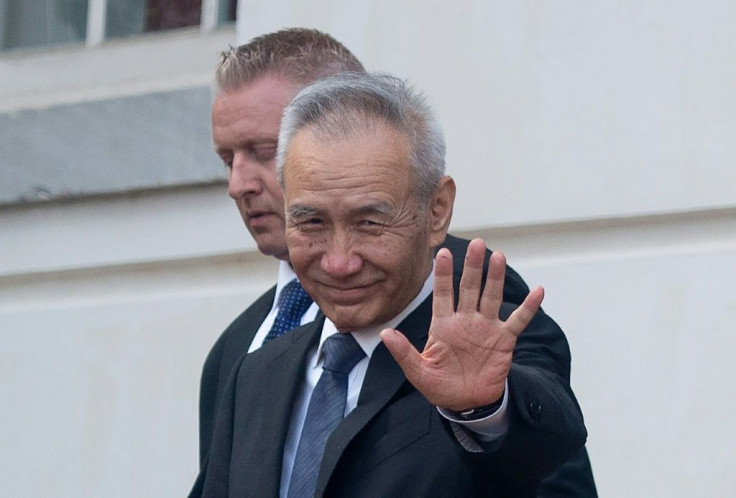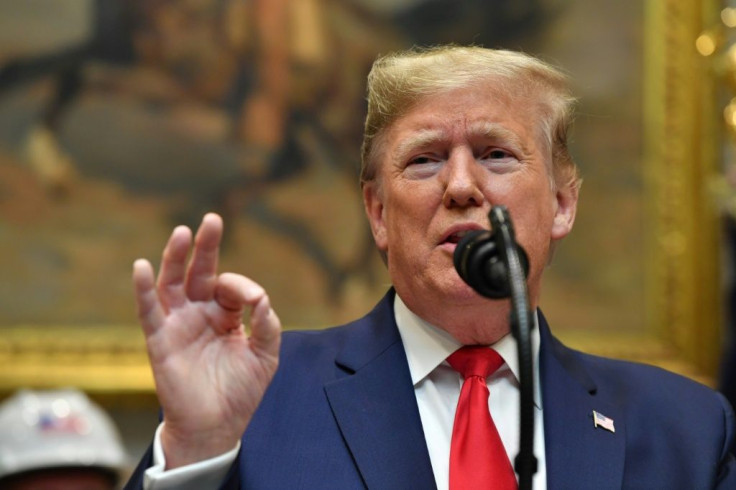China Confirms Negotiator To Sign Trade Deal In US Next Week

China said Thursday that Vice Premier Liu He will travel to Washington next week to sign the "phase one" deal with the United States that has lowered trade tensions between the world's two biggest economies.
The signing will cap a nearly two-year spat that threatened to throttle the global economy as the two countries exchanged tariffs on hundreds of billions of dollars worth of two-way trade.
But US President Donald Trump -- who is running for re-election -- has indicated that the next phase of the much-anticipated deal may not come until after Americans go to the polls in November.
Liu, China's top negotiator in the trade conflict, will be in the US capital from Monday to Wednesday to sign the deal, the commerce ministry said.
Trump announced last week that the two countries would sign the mini-agreement on January 15, but Beijing had yet to confirm the trip.
"At the invitation of the US, Liu He will be leading a delegation to Washington from January 13 to January 15 to sign the phase one deal," commerce ministry spokesman Gao Feng said at a weekly news briefing.
"Both parties are in close communication regarding the detailed arrangement of the signing," Gao said, without providing more details.
US and Chinese officials have said the agreement includes protections for intellectual property, food and farm goods, financial services and foreign exchange, and a provision for dispute resolution.
Trump also cancelled plans to impose tariffs on $160 billion in Chinese merchandise in mid-December -- including hot consumer items such as mobile phones -- but punishing tariffs remain on about $250 billion worth of goods, including machinery and many electronic items.
US Trade Representative Robert Lighthizer has said China committed to a minimum of $200 billion in increased purchases over the next two years from US manufacturers, farmers, energy producers and service providers.

But Gao refused to confirm the figure on Thursday.
Trump said last week that he would travel to Beijing for negotiations on the next part of the wider deal "at a later date", but Gao said he had "no further information on phase two" of the negotiations.
Later on Thursday, Trump said in Washington that negotiating phase two would "take a little time".
"I think I might want to wait to finish it until after the election because I think we can make a little bit better deal, maybe a lot better deal," he told reporters.
The US leader also openly cast doubt on whether American farmers would be able to supply China with the massive increases in agricultural exports expected to be part of the deal.
"The big question I have is whether or not the farmers will be able to supply all that much more," Trump said.
Observers say the trade war, which has also had ramifications for other economies globally, may have ushered in a long-term decoupling of trade relations between the two economic powerhouses.
The truce also partially removes a thorn in the side of Chinese President Xi Jinping, who has to deal with a slowing economy and pro-democracy protests in Hong Kong.
© Copyright AFP 2024. All rights reserved.





















